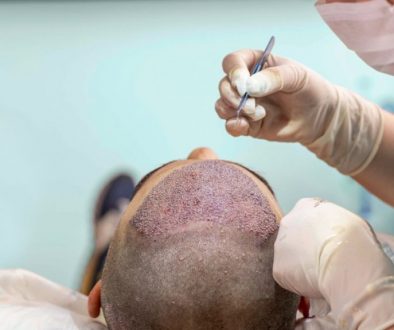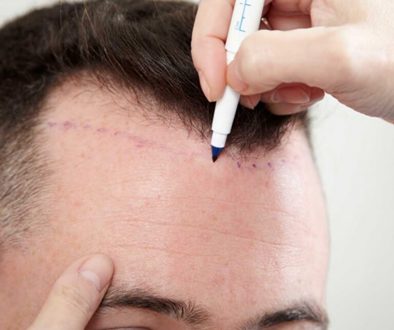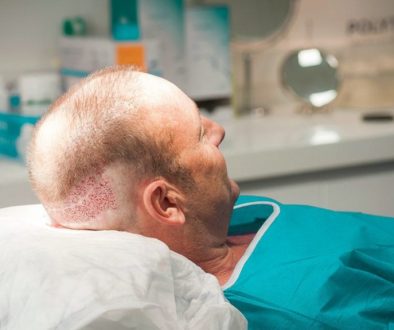Can Shock Loss Occur to Terminal Hairs in Hair Transplantation?
I am thinning hair in a “diffuse” pattern and am considering hair transplantation. I was told that I won’t have any permanent shock loss because my hair is terminal. Is this true? What is a terminal hair.
Thank you for your inquiry.
A terminal hair is simply healthy thicker hair that has not been impacted by male pattern baldness (MPB).
A vellus hair is a hair that has miniaturized or is miniaturizing, which typically appears thinner, finer, and lighter in color than a terminal hair. The more the hair has miniaturized, the thinner, finer, and lighter in color the hair.
In a hair transplant, a terminal hair can be permanently “shocked” in only one way: if the hair follicle is transected during hair restoration surgery. In the hands of a quality hair transplant physician, the risk is minimal. I believe that shaving of the recipient area during hair restoration surgery also helps minimize that risk especially for diffuse thinners.
On the other hand, a vellus hair can be permanently shocked in two ways: if a hair follicle is transected during hair transplant surgery, or trauma to the scalp may have been too much for it because it was on its way anyway. These hairs may not grow back. The good news however, is that these hairs would have fallen out anyway – but hair transplantation can expedite hair loss of miniaturized hairs.
Temporary shock loss can shock vellus or terminal hairs, however, they will grow back over time.
Symptomatically, there is no way to tell the difference between the two, but terminal hairs have a high percentage of growing back since hair follicle transection rates are extremely low in the hands of a first-rate hair transplant physician.
Learn more about shock loss.
Bill
Associate Publisher
Technorati Tags: thinning hair, hair transplantation, shock loss, terminal hair, male pattern baldness, MPB, vellus hair, hair transplant, hair follicle, hair restoration surgery, recipient area, hair restoration, diffuse thinner, hair transplant surgery, hair loss, hair transplant physician



